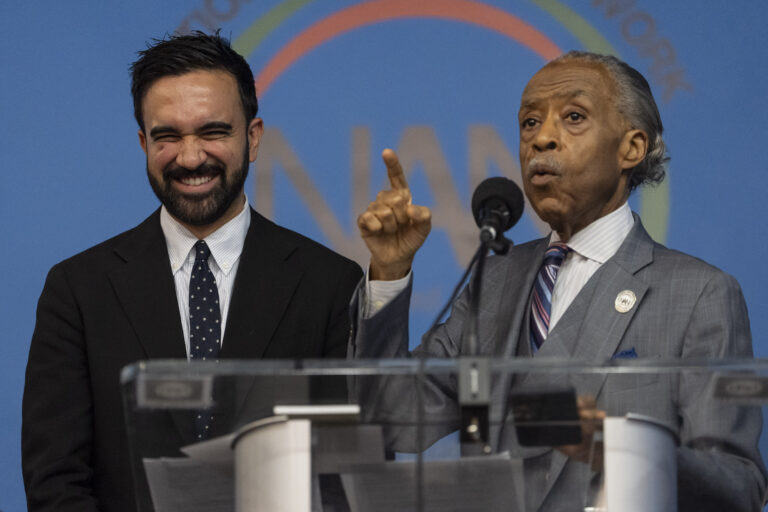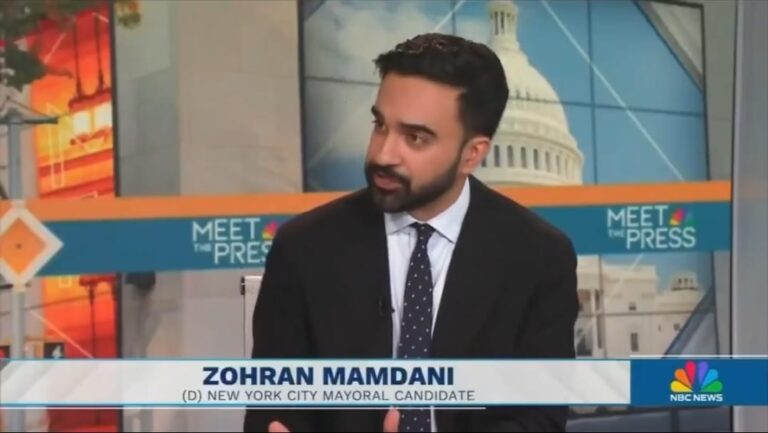Chaim Topol, z’l, a leading Israeli actor who charmed generations of theatergoers and movie-watchers with his portrayal of Tevye, the long-suffering and charismatic milkman in “Fiddler on the Roof,” passed away on Thursday morning in Tel Aviv at the age of 87.
A recipient of two Golden Globe awards and nominee for both an Academy Award and a Tony Award, Topol long has ranked among Israel’s most decorated actors. Up until a few years ago, he remained involved in theater and said he still fielded requests to play Tevye.
Topol got his start in acting in a theatrical troupe in the Israeli army in the 1950s. The role of his life arrived in the long-running musical “Fiddler on the Roof,” in which he played the dairyman protagonist, Tevye, a Jewish father trying to maintain his family’s cultural traditions despite the turmoil gripping their Russian shtetl.
With his rich voice, folkish witticisms and commanding stage presence, Topol’s Tevye, driving his horse-drawn buggy and delivering milk, butter and eggs to the rich, became a popular hero in Israel and around the world. Topol played the part more than 3,500 times on stage, most recently in 2009.
With the help of heavy makeup and costume work, he first portrayed the much older, burlier dairyman in his 30s and quite literally aged into the role. Topol has said his personal experience as a descendant of Russian Jews helped him relate to Tevye and deepen his performance.
Topol, who was born and raised on a kibbutz, once confided in an interview about his love for learning Gemara. “I’ve been learning Gemara for 40 years,” he said in an interview on the Orot channel. “I try never to skip it because I really like it and enjoy it.”
“It’s sitting down and sharpening your mind and saying: ‘Why did Rebbe Akiva say this and why did Reb Shimon Bar Yochai say that and why did Abaye say that and why does it say that?’ The interesting thing is that there’s no consensus, that is that ultimately they say that the halacha is like this – but on the way, they clarify and agree with things.”
Despite starring in multiple roles during his acting career, Topol became synonymous with just one role — Tevye. Pouring his heart out about his impoverished Jewish community over the years, Topol made audiences laugh and cry from Broadway and West End stages.
“How many people are known for one part? How many people in my profession are known worldwide?” he said in an interview with The Associated Press from his Tel Aviv home in 2015, on the occasion of accepting the Israel Prize for lifetime achievement.
Yet Topol said he sometimes needed to look outside of acting to find meaning in his life. He devoted much of his later years to charity as chairman of the board of Jordan River Village, a camp serving Middle Eastern children with life-threatening diseases. Years earlier, he founded a nonprofit that services children with special needs.
“I am interested in charities and find it more fulfilling than running from one (acting) part to another,” he said. ”When you are successful in a film and the money flows, yes, obviously, it is very nice. But to tell you that is the most important thing, I am not sure.”
Topol is survived by his wife and three children.
(YWN Israel Desk – Jerusalem & AP)












11 Responses
Was he Shomer Shabbos and Shomer Kashrus, and if not, why should YWN care to print his obituary.
Fiddler on the Roof (and Tevyeh the Milkman) were both very sad stories. In the shtetel, the oldest daughter marries a tailor against her parents mild objections, the second daughter marries a communist agitator who gets arrested and probably leaves his wife an agunah, and the third daughter marries a Gentile farmer. The story ends with rest of the family exiled from Russia to Chicago.
The likelihood that any of Tevyeh’s descendants by 1945 were alive or still affiliated with Judaism is close to zero. I suspect that the oldest daughter, son-in-law (the tailor) and their family survived until 1946.
The story is not a celebration of Jewish survival.
It’s very important for frum jews to know about his movie career. This is what Yeshiva world looks up to. This is not Yeshiva world. It’s public school world.
Dullradiance: you are aware that the story is fiction, aren’t you?
BDE
That song so apprepo to Boro Park and Brooklyn.
Specially to build a stair that would go nowhere just because.
Thank you for the memorial.
akuperma and some others: This is a poor example of Ahavas Yisroel. Did not Hillel ha-Zaken teach אַל תָּדִין אֶת חֲבֵרָךְ עַד שֶׁתַּגִּיעַ לִמְקוֹמוֹ? Instead, we should say ברוך דיין אמת and remember Chaim Topol a”h for his talent and sensitivity. That he cared enough for Yiddishkeit to learn גמרא with a yarmulka on his head for forty years is a very beautiful thing.
By the way, Topol’s parents were from Poland, not Russia. This is something he mentioned in interviews. They came from religious homes (his father had been raised an Alexanderer Chasid, while his mother came from a Gerrer home). Like many young Jews, they became Zionists. No, they were not anti-religious. They were Betarniks who were traditional, but not strictly Orthodox.
It is amazing to me how sanctimonious strangers feel entitled to simply dismiss Reb Chaim as just another irreligious Israeli. He was not. In fact, in one of his interviews, Topol mentioned that he kept Shabbos, but not in a strict halachic way that would be acceptable to most Orthodox Jews.
Remember that Topol grew up in a Tel Aviv that was a far cry from the city of today. He was surrounded by Jews from the אַלטע היים. Yiddish could be heard everywhere, and his own parents continued to speak to each other in מאַמע לשון. In those years, there were plenty of synagogues in Tel Aviv as well as yeshivot, including Heichal HaTalmud. Several Chasidic rebbes including the Husyatiner זצוק”ל resided there in those years before most of the religious Jews left for Bnei Brak and other places.
Topol came from a milieu that while not totally Orthodox, was certainly not anti-religious. There was a strong tie to tradition in the conceptual sense if not in terms of praxis. This was the case with scholars and writers like Dr. Yom-Tov Lewinsky and others, who would keep kosher and attend shul irregularly. Some of these types, like the great writer Eliezer Steinmann, ended up becoming out-and-out frum later in life (Steinmann actually had earned semicha as a young man, but left halachic observance for decades until the Lubavitcher Rebbe זצוק”ל convinced him to become a בעל תשובה). Other well-known writers like Uri Zvi Grinberg were frum (he lived in Ramat Gan not too far from the neighborhood where Topol grew up).
http://www.saveisrael.com/greenberg/greenbergbio.htm
Chaim Topol was steeped in the feeling, the געפֿיעל, the הרגש of Judaism. The measure of his personal halachic observance is nobody else’s business.
Let us try to be more generous in what we say about our fellow Jews.
יהי זכרו ברוך
If you don’t want to watch Fiddler on the Roof then skip it, it is important for the secular Jewish world and for even some frum Jews.
Again my point is it is a sad story. It isn’t about Jewish survival or rebirth or any other positive word. It was Shalom (Rabinovich) Alechem’s view of what is going to happen to the Jewish world.
Most people consider it a wonderful Jewish story. It isn’t.
The fact that someone (likely) raised in a non frum environment, gained fame and fortune in the entertainment industry and still managed to learn Gemara regularly for 40 years is very significant. How many ffbs can say the same thing? I don’t know how he will be judged in shomayim for his shmiras mitzvos but I will leave that to G-d to decide. I am quite certain that he will receive much reward for the limud Torah whatever his intentions were
He was also great as Salah Shabati.
He was a good charitable Yid. May his soul be elevated.